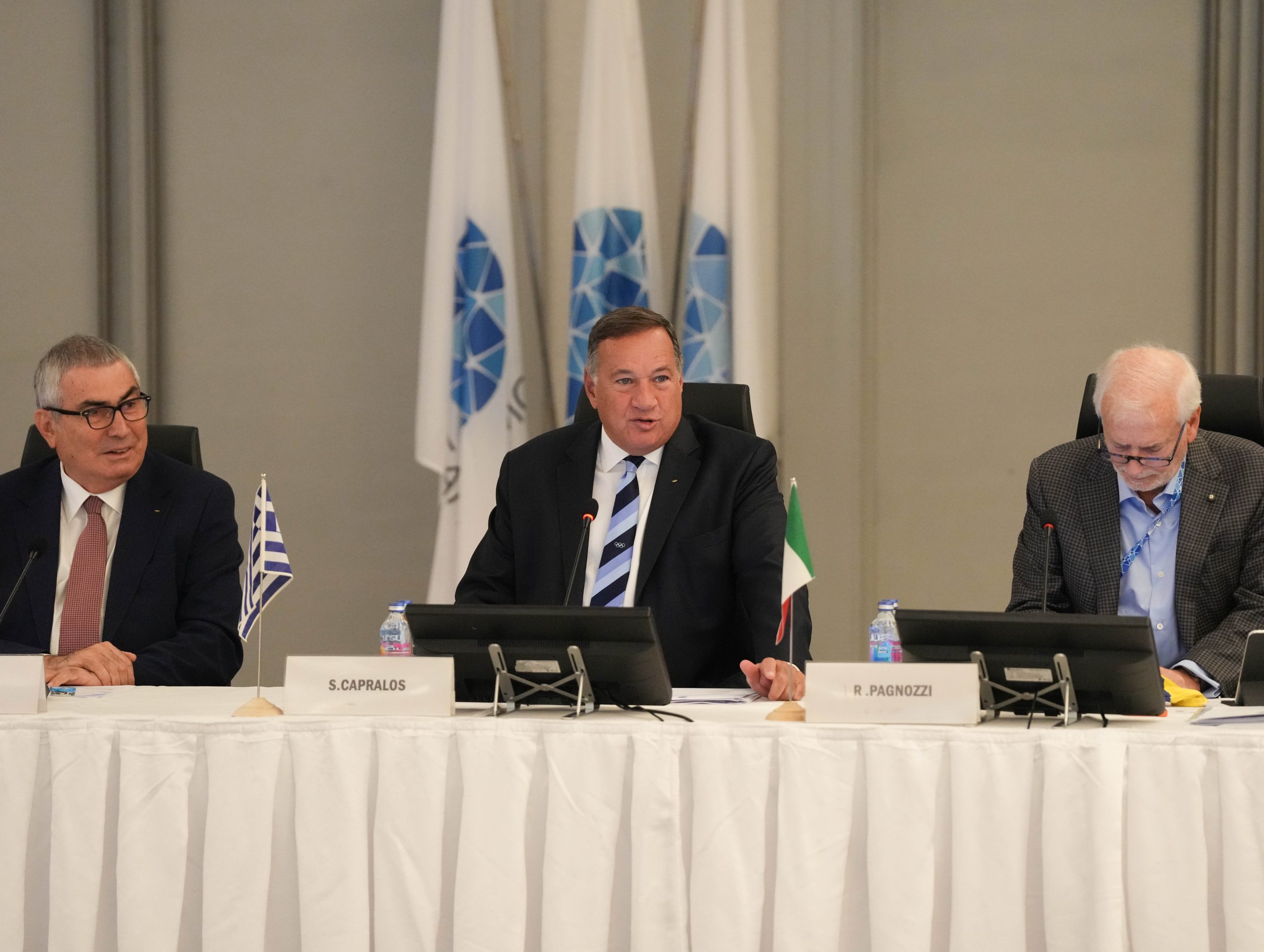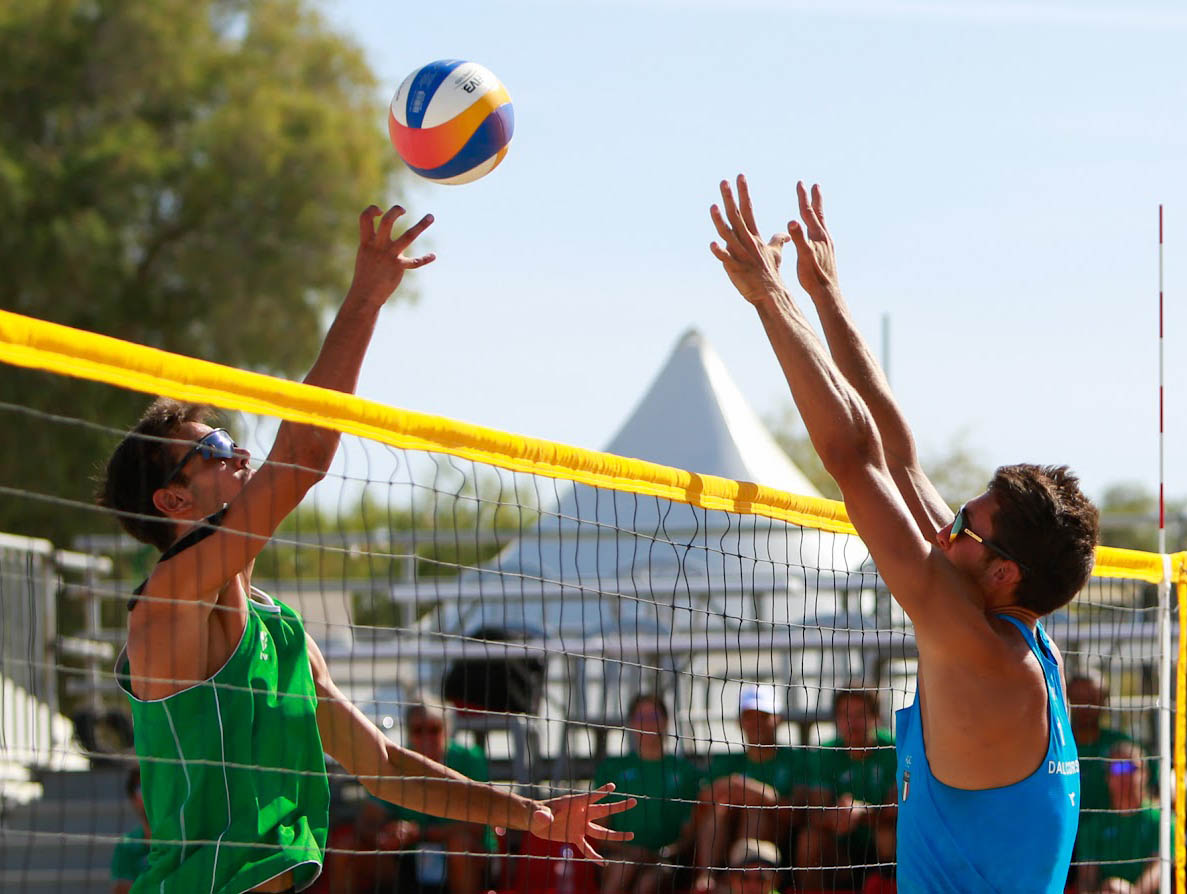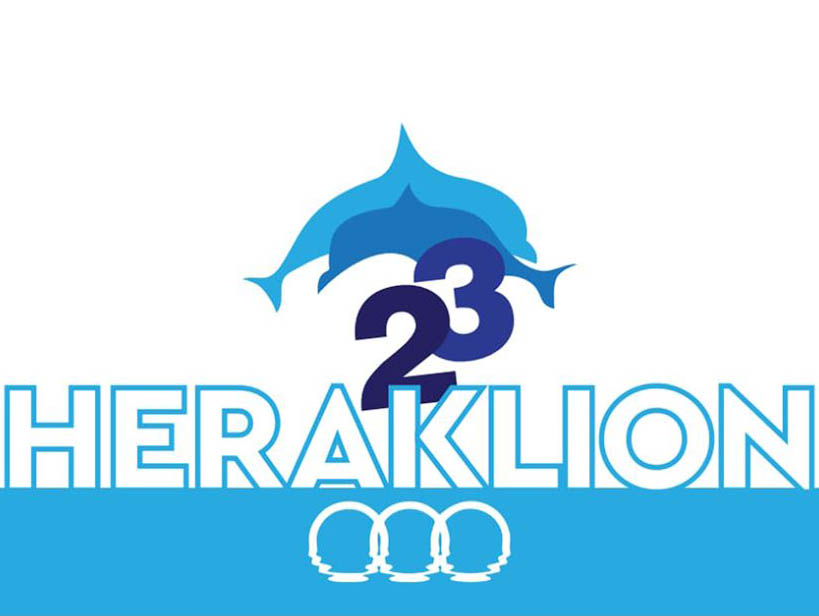1. European Court of Justice approves ban on laser game
The simulated shooting of people with laser guns in leisure facilities cannot be justified by EU law. This ruling has been reached by the European Court of Justice in the case of a laserdrome centre. The operation of that centre had already been prohibited by the city of Bonn in 1994. German courts had upheld the ban, citing as grounds the violation of human dignity. The laser game operator holds the view that, in doing so, German jurisprudence obstructs the free movement of services. In addition, the operator cited the fact that the game was authorised in Great Britain. The ECJ, to which the appeal was referred, has now ruled that the freedom to provide services can be restricted if even only one Member State deems human dignity to be violated by a product or its application.
2. Commission investigates in amateur sports
In the framework of evaluating the regulations of national sport federations the European Commission urged Spain for an official statement concerning the possible infringement of art. 12 EC-Treaty (prohibition of any discrimination based on nationality).
This letter of formal notice goes back to the case Harmann. The Spanish football federation refuses to issue a German student a players pass for amateurs, evoking a regulation that stipulates that foreigners older than 23 may only play football on a lower regional level. For Spanish nationals there is no such restriction of age. The student therefore lodged a petition with the European Parliament and a complaint at the Commission.
The European Commission now decided to invite the Spanish Government with a letter of formal notice to comment on the situation within two month. Moreover the Commissions departments are investigating also the arrangements regarding the access to amateur sport of other Member States. Already in spring 2004 the Commission had asked the national ministries in charge to hand in the respective information.
The Commission considers that the right to take part in certain competitions organised by sport organisations should be regarded as a social benefit and thus is excluded from any discrimination based on nationality.
Furthermore the Commission underlines that this formal notice does neither affect the freedom of sport associations to organise their sport nor the rules for the selection of national teams.
3. Premiere lodges complaint against ARD / ZDF and ORF
Against the background of the awarding of broadcasting rights for the 2008 European Football Championship, the German pay-TV channel Premiere wants to lodge a complaint with the European Commission against the public service broadcasters ARD, ZDF (Germany) and ORF (Austria). Premiere had already announced, one year ago, that it was instituting proceedings against ARD and ZDF in Brussels on the grounds of broadcasting rights awarded for the DFB (German Football Association) national cup competition.
Premiere is now accusing the public service channels of operating a monopoly, through their umbrella organisation EBU (European Broadcasting Union), for the purpose of purchasing broadcasting rights for large sporting events. In this way, licence-payers money is, it claims, being used to acquire a comprehensive catalogue of rights, which would subsequently not be used but were lost to other suppliers and, therefore, to the viewer. In this, Premiere refers to the digital exploitation of the rights. It bases its complaint on a ECJ appeal verdict, according to which the EBU is wrongly obstructing competition in sports broadcasts.
4. EU supports Paralympic School Day
The European Union will support a project organized by the European Paralympic Committee (EPC) within the so called Joint Actions of the Programmes Sokrates, Leonardo da Vinci and Youth. The projects aim is to create awareness and understanding in elementary schools about people with a disability.
This multicultural project will change the attitudes of youth without a disability towards people with a disability and provide an advocacy tool for elementary school teachers to use.
Seven partner organizations from six different European nations will co-operate on a national level with an elementary school, an institute of higher physical education, and a sports federation for the disabled. Together, they will implement an education program in the elementary school for one full day. During the day pupils will listen to stories from sportsmen with a disability, look at sport activities on a video, participate in adapted physical activities, games and sports and experience the potential accessibility of their school from the perspective of people with a disability. During the Paralympic School Day (PSD), elementary school teachers will go through a theoretical and practical vocational training seminar.
The final script including all educational material used and a vocational training manual, will enable participating European countries to implement the program in their schools into the future.

















